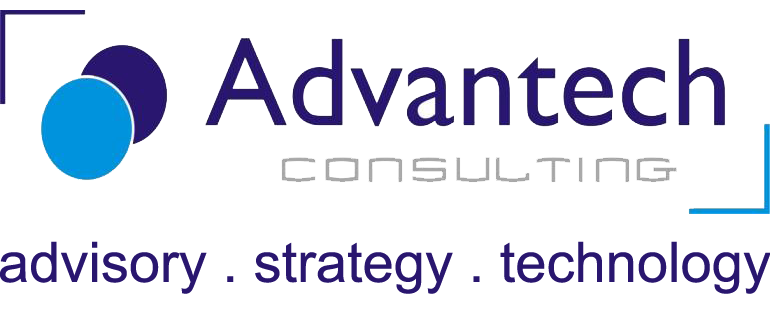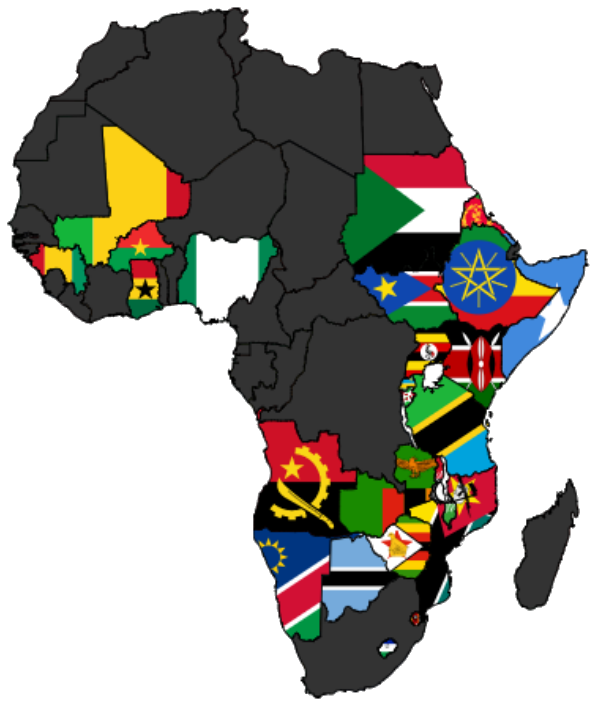World Economic Forum’s Klaus Schwab describes blockchain as “being at the heart of the fourth industrial revolution.” Don and Alex Tapscott argue in their book titled ‘The Blockchain Revolution’ that just as the internet upended industries based on communication and information flows, blockchain technology will disrupt every industry where trust and transaction are central. Blockchain is a tool for maintaining real-time transparent and distributed ledgers that can verify transactions with minimal third party participation. By design, blockchains are inherently resistant to modification of data thus making them tamper-proof and very secure. Currently, the term blockchain is mostly synonymous with bitcoin, the cryptocurrency that was invented by a mysterious person or group of people and released as open source software in 2009. However, blockchain technology uses can be extended beyond the financial sector.
Legal: The immutable nature of distributed ledgers under blockchain technology is set to revolutionize the legal sector. Blockchain technology will enable automatic generaton of contracts without any human legal involvement. This will also bring about changes to intermediate jobs that usually review and execute contracts. Blockchain can ensure indisputable record of filing for intellectual property rights.
Supply-chain: Leading companies have invested in computerized enterprise resource planning (ERP) and supply chain management software. Computerised systems track products from their earliest origins. Despite this investment in digital infrastructure, companies still face challenges gaining transparency into shipment tracking, deliveries and awareness of where all their products are at any given time. Companies can, however, use a distributed ledger (tamper-proof) within a supply chain to overcome some of the challenges associated with tracking product along the supply chain.
Government: Governments are tasked with maintaining up to date records of citizens within its jurisdiction. Accessing such information from public records is usually a daunting task. In developing countries, most governments still operate manually. Piles of files fill storage rooms and accessing information is never a walk in the park. Blockchain technology will enable governments to maintain and secure public records in a more efficient manner.
Energy: The energy sector has been slow in embracing change. However, blockchain technology is set to transform the industry’s processes and markets. Blockchain will bolster distributed energy grids or independent renewable energy sources and enable consumers to sell excess power to each other within a given area. This will decentralize the task of buying and selling of energy, therefore, deserting the existing dynamic in the electricity markets.
Food: In the food sector, both retailers and consumers can benefit from blockchain technology. Retailers can find out simultaneously and in real time whom their suppliers have dealt with while consumers easily find out where the livestock was harvested, the use of antibiotics and vaccinations. Blockchain ensures transparency to the supply chain and empowers entire chain to be more responsive to circumstances.
Retail: Transactions recorded in a blockchain system are tamper-proof. This goes a long way in protecting consumers and sellers from fraudulent transactions since blockchain enhances the art of tracking and locating stolen goods. Blockchain also makes counterfeiting very hard since verifiable records can be added to every product pedigree.
Healthcare: Verification is required before information is added to the blockchain network. This improves authentication of health records and procedures on data sharing. Blockchain also improves drug traceability preventing counterfeit drugs from flooding the market. It can also be used to prevent deceitful tampering of data from clinical trials. Billing and claims adjudication in healthcare can also be regulated within a blockchain network.
Insurance: Blockchain technology has the potential to disrupt how data is shared and claims are processed. Blockchain will enhance efficiency in processing claims through smart contracts that guarantee a process that is responsive and as transparent as possible. The quality of data being used during underwriting is improved and paperwork is alleviated.
Travel and hospitality: Blockchain will enable a secure data source for consumers on available accommodation, prices and previously completed transaction. Blockchain technology will allow flexible inventory management and transaction security. Costs can also be significantly reduced by incorporating management systems on a shared ledger.
Education: Blockchain technology can enhance the cooperation of educational institutions and the formation of global alliances by giving them a central location to store verifiable data. Educational institutions can cheaply and securely share repositories of certification and achievement. This will enable institutions to vet potential strategic partners.
Beyond blockchain technology’s utopian moment in the financial industry, and beyond convention, blockchain can revolutionize the overall domain of trust and transaction in unprecedented ways enabling extraordinary levels of efficiency.




